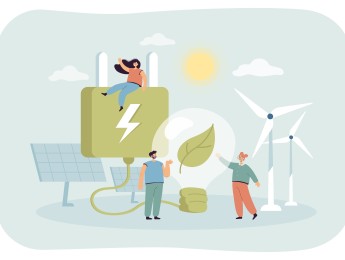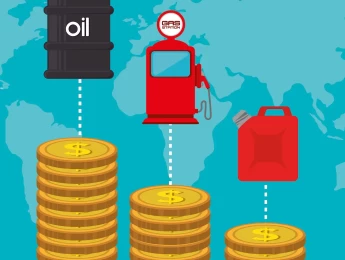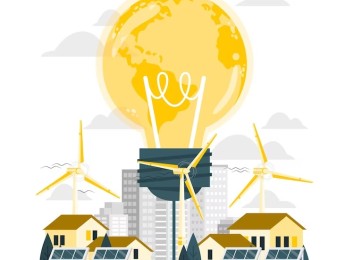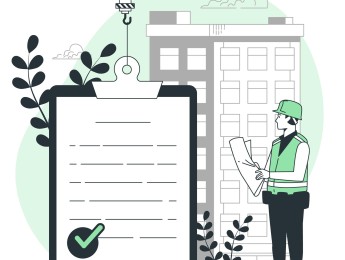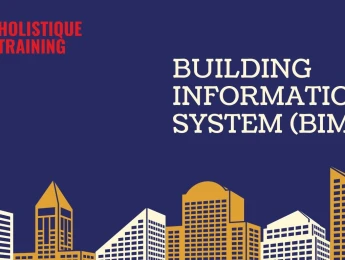The energy industry has existed for many years and has remained relatively stationary as far as types of energy sources go. However, modern times have seen a vast development in the technologies surrounding energy. Great pressure from a variety of external and internal influences has been placed on organisations to transition from traditional energy sources to renewable ones.
For an organisation to make the transition, it needs to fully understand the types of renewable energy available and what source would be ideal for its practices. It also needs to analyse outside influences such as legislation and consumer demands, not only internally but also externally.
Renewable energy comes with many new technologies, so it’s crucial for those involved to be competent in the principles and processes relating to these. Integrating renewable energy into existing power grids comes with its own challenges, and it needs to be assessed whether this transition is safe and viable, or if adjustments and improvements need to be made first.
Given how rapidly the transition to renewable energy is occurring, an organisation would be wise to evaluate current energy trends and potentially predict future changes to consider what they need to prepare for.
Upon completion of this course, participants will be able to:
- Define what renewable energy is.
- Assess why renewable energy is becoming increasingly necessary.
- Review how the energy systems are changing and how it impacts organisations.
- Evaluate sustainable energy options including renewables, energy efficiency and electrification.
- Explain how technological advancements are transforming the electricity system.
- Align organisational functions with regional laws and regulations regarding sustainability.
- Examine and interpret trends to predict future trends of energy and sustainability.
- Understand internal and external factors that influence the use of energy within an organisation.
This course is designed for anyone responsible for an organisation's energy output and those who wish to develop more sustainable practices. It would be most beneficial for:
- Energy Engineers
- Energy Managers
- Operations Managers
- IT Analysts
- Planning and Strategy Managers
- Finance Managers
- Technical Advisors
- Development Directors
This course uses a variety of adult learning styles to aid full understanding and comprehension. Participants will review real-world case studies of established organisations that have transitioned from non-renewable to renewable energy to highlight key influences and challenges faced.
Participants will partake in various learning methods, such as presentations, group discussions, practical demonstrations, and group activities, to provide a stimulating environment that encourages full comprehension of the content taught. They will also have the opportunity to create their own plans for how they would incorporate sustainable practices into their specific roles.
Day 5 of each course is reserved for a Q&A session, which may occur off-site. For 10-day courses, this also applies to day 10
Section 1: Fundamentals of Energy
- Understanding the difference between non-renewable and renewable energy.
- Reviewing how energy is necessary for daily business functions.
- Assessing how energy is utilised locally, regionally and worldwide.
- Local and regional laws and regulations surrounding renewable energy and maintaining sustainability.
- The electricity industry structure.
- How renewable energy is changing the concepts and principles of the current energy industry.
Section 2: Renewable Technologies and Trends
- The fundamentals of renewable energy.
- Advantages and disadvantages of using renewable energy.
- Common misconceptions about renewable energy.
- Modern technologies utilised in renewable energy production and their accessibility.
- Conducting an economic analysis.
Section 3: Distributed Renewals and Grid Integration
- The principles of distributed systems and microgrids.
- Understanding the technology of rooftop photovoltaics.
- Analysing the trend of rooftop photovoltaics and how they have become a common practice.
- The processes of grid integration.
- Challenges and risks of grid integration.
- Establishing hybrid power plants to ease the integration of renewable energy.
Section 4: Information Technologies and Energy Policy
- Electrification Trends and Implications.
- The use of electric vehicles to reduce emissions and the need for non-renewable energy.
- Encouraging and implementing demand response to reduce energy waste.
- The advantages and disadvantages of using demand response programs.
- Measuring the organisation's capabilities in utilising renewable energy and creating an Energy Policy.
- How energy policies encourage further use of renewable energy.
Section 5: Sustainable Energy Futures
- Calculating an organisation’s energy efficiency.
- Elements of a sustainable organisation.
- Measuring existing demands of customers and the industry to predict future market trends.
- Effectively prepare for future trend changes.
- Evaluating other methods of increasing sustainability.
Upon successful completion of this training course, delegates will be awarded a Holistique Training Certificate of Completion. For those who attend and complete the online training course, a Holistique Training e-Certificate will be provided.
Holistique Training Certificates are accredited by the British Assessment Council (BAC) and The CPD Certification Service (CPD), and are certified under ISO 9001, ISO 21001, and ISO 29993 standards.
CPD credits for this course are granted by our Certificates and will be reflected on the Holistique Training Certificate of Completion. In accordance with the standards of The CPD Certification Service, one CPD credit is awarded per hour of course attendance. A maximum of 50 CPD credits can be claimed for any single course we currently offer.
- Course Code IND01-134
- Course Format Online, Classroom,
- Duration 5 days




